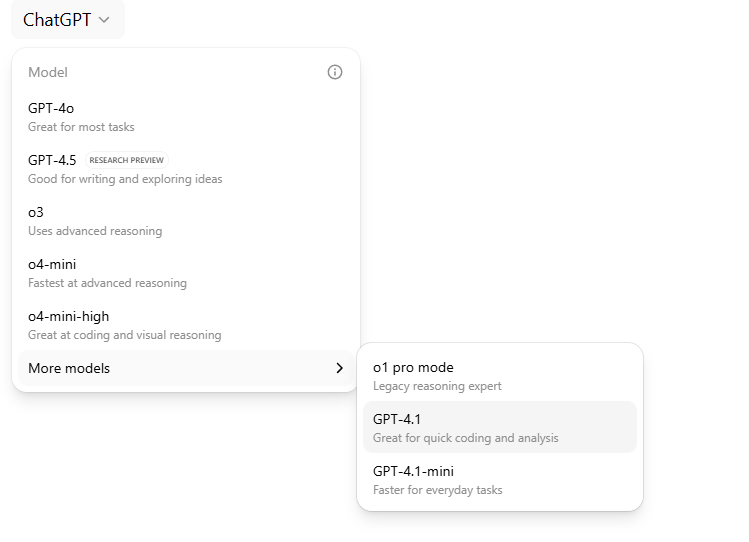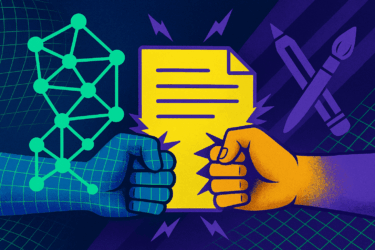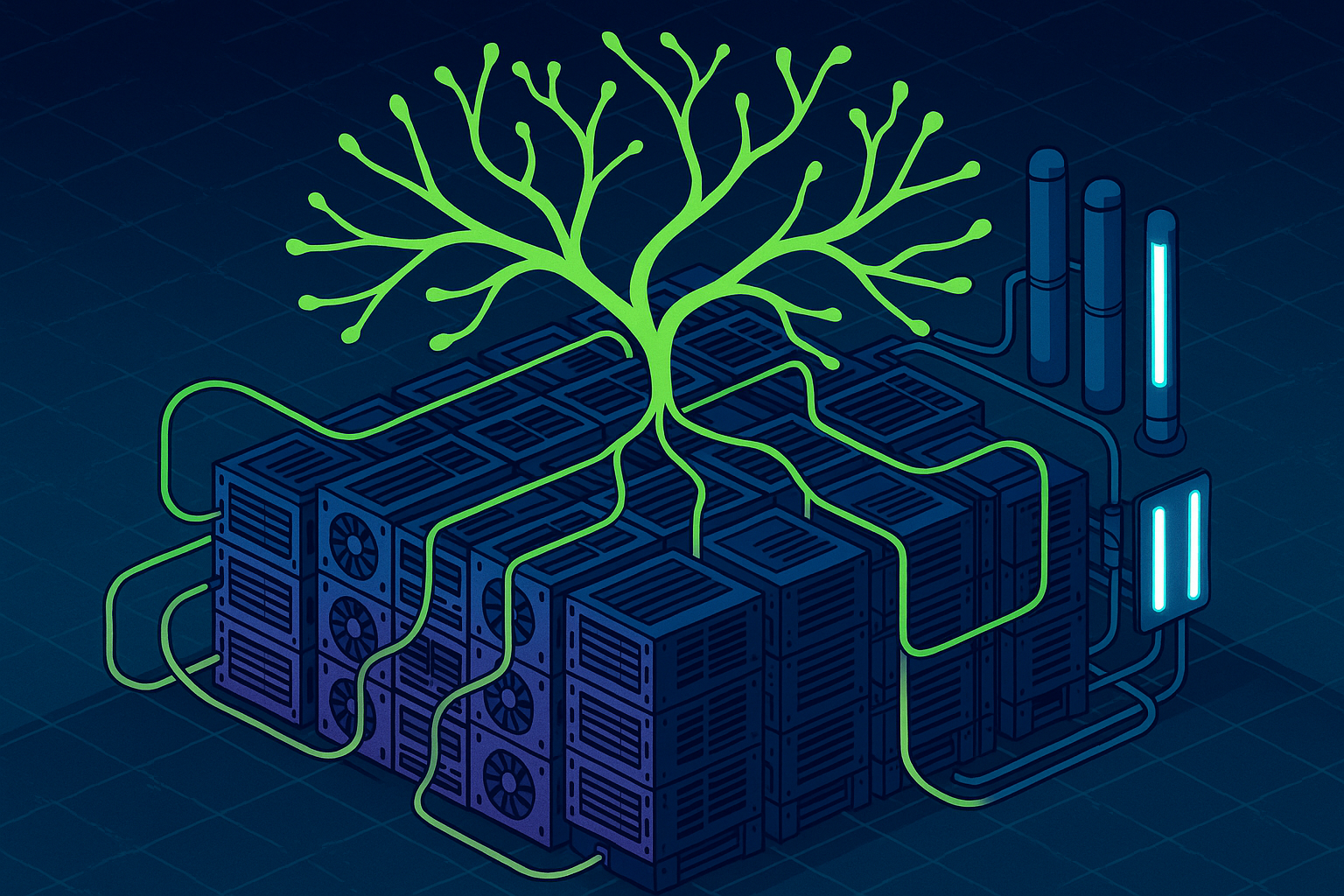Short
OpenAI is rolling out its GPT-4.1 model to ChatGPT, making it available outside the API for the first time. Plus, Pro, and Team users can now select GPT-4.1 from the "More models" drop-down menu, while Enterprise and Edu users are expected to get access in the coming weeks. GPT-4.1 mini replaces GPT-4o-mini and is now available to all ChatGPT users.
OpenAI says GPT-4.1 is particularly strong when it comes to programming tasks and following instructions precisely. In our tests, the model is noticeably less "chatty" than GPT-4o—not being overly talkative can be useful—and its performance is otherwise on par with the most recent GPT-4o model. Compared to older versions of GPT-4o, GPT-4.1 also feels more thorough.









